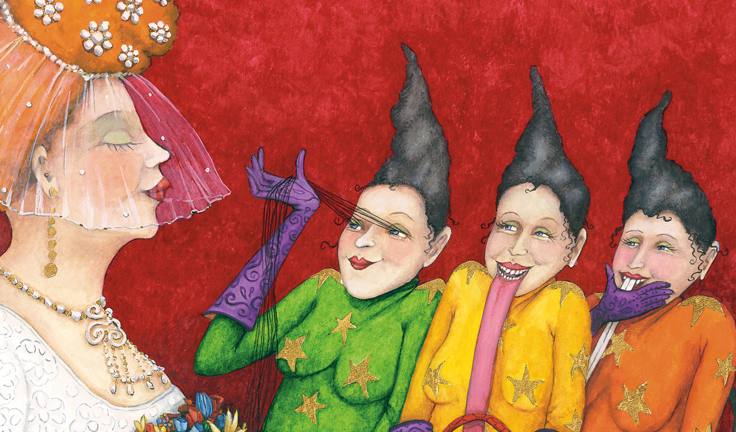The persuasive potentials of storytelling don’t always hold the life-or-death thrill that they did for the mythical Scheherazade, who spun her narratives to stay alive, but as the profundities of Magda Cârneci’s FEM prove, there is always an enchantment in speaking one’s own experiences to another. Exalted with Cârneci’s celebrated poetics and visceral in its discernment of gendered bodies, our Book Club selection for June is a novel that speaks to our evolving understandings of physicality, sexuality, and selfhood as refracted in societal prisms of sex, femininity, and myth.
The Asymptote Book Club aspires to bring the best in translated fiction every month to readers around the world. You can sign up to receive next month’s selection on our website for as little as USD15 per book; once you’re a member, join our Facebook group for exclusive Book Club discussions and receive invitations to our members-only Zoom Q&As with the author or the translator of each title!
FEM by Magda Cârneci, translated from the Romanian by Sean Cotter, Deep Vellum, 2021
In the very first lines of FEM, the protagonist—a fictionalized version of author Magda Cârneci—compares herself to the mythical heroine Scheherazade, then immediately troubles the comparison: “A little, everyday Scheherazade in an ordinary neighborhood, in a provincial city; your personal Scheherazade, even if you won’t cut my head off in the morning, when I fail to keep you awake all night with extraordinary stories.”
How, then, is she like Scheherazade? She will indeed attempt to enchant her listener, a lover, with a string of stories—but are all women who tell stories like Scheherazade? It is not a simple affinity between the two women that gives meaning to the comparison, but, more fruitfully, the symmetry’s imprecision. Like the north ends of two magnets, the two storytellers’ refusal to meet tantalizes, inviting the reader into the no-man’s land, in which they may question—or even participate in this exchange of identities. Cârneci’s own active approach to living in a body, in fact, is exactly what she begs her listener/reader to adopt, and her appeal is so breathtaking, it’s a wonder anyone could refuse:
We are seeds sown into the brown-black loam of a terrestrial existence, and we must germinate and rise slowly from our fragile burgeoning, our green sprouting, through layers of clay and stone, through bacteria, worms, and insects that wish to devour us, we must pierce through sheets of underground water and enemy root systems, our germinations are deviated by contrary forces, deceived by gravitations and visions, by temptations and traps, but pulled upward by an atavistic, core instinct, along a fragile thread of light, pulled by an inverted, celestial gravity, we are tractable, attracted toward growth at any price . . .





